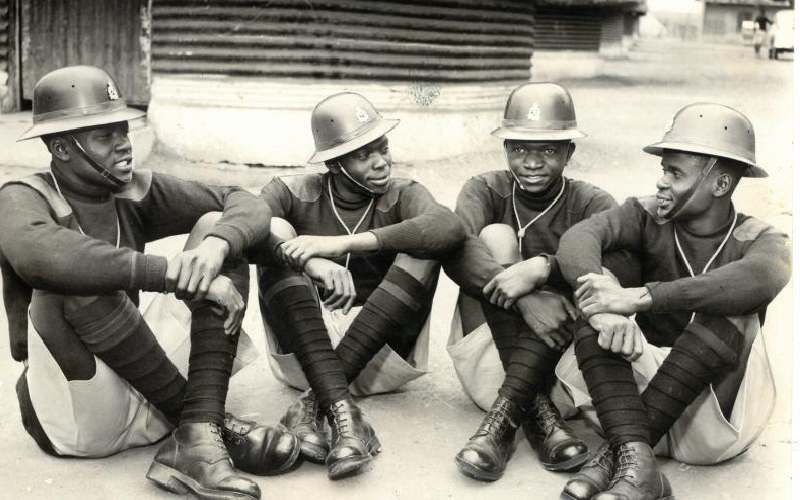×
The Standard e-Paper
Stay Informed, Even Offline

Kenya police officers relaxing outside their grass-thatched houses in August 1953.
Even though successive regimes since the colonial era have tried to address some of the problems, police officers continue to experience difficulties that undermine and compromise their ability to perform.







